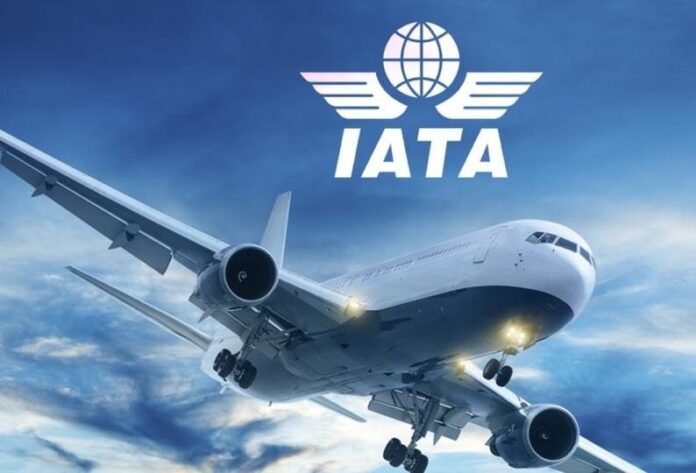The Nigerian government has been commended by the International Air Transport Association (IATA) for freeing up 98% of airline cash held in the nation but that the carriers were previously able to return home with.
The praise was delivered in a statement on Sunday by Mr. Willie Walsh, the Director-General of IATA.
Walsh claims that as of June 2023, Nigeria had 850 million dollars in frozen cash, which had a big impact on the nation’s airline industry and economy.
According to him, 831 million dollars, or 98% of the total sum, had been paid, and 19 million dollars, or the remaining 2%, were still outstanding.
“Nigeria’s frozen money, which peaked in June 2023 at 850 million dollars, had a major impact on the nation’s airline industry and economy.
“The high volume of blocked funds caused some airlines to reduce their operations and one carrier to temporarily cease operations to Nigeria, which severely impacted the country’s aviation industry. Carriers faced difficulties repatriating revenues in U.S. dollars.
“However, 98% of these funds had been paid off as of April 2024. The Central Bank of Nigeria is now verifying outstanding forward claims submitted by the commercial banks, which is responsible for the remaining 19 million dollars.
“We applaud the CBN and the newly elected Nigerian administration for their efforts to address this problem.
Walsh stated, “Reliable air connectivity will benefit individual Nigerians as well as the economy, for which access to revenues is critical.”
Therefore, the head of IATA pleaded with the government to continue giving aviation priority and to pay the remaining 19 million dollars.
Walsh said that the amount of airline cash that countries were prevented from being repatriated had decreased by 28%.
He stated that as of the end of April, there were almost 1.8 billion dollars in total frozen money, which is a decrease of 708 million dollars (or 28% ) since December 2023.
“It’s a good sign that less money is being denied. However, the remaining 1.8 billion dollars are substantial and require immediate attention. Bilateral agreements ensure the effective repatriation of airline income.
More crucially, being able to offer economically vital connection is a must for airlines, which run on very tight margins.
“Without access to properly earned revenues, no business can function over the long term,” Walsh stated.
The primary cause of the decrease, he continued, was a substantial release of money that had been stopped in Nigeria.
According to Walsh, Egypt also gave the go-ahead for the substantial amount of frozen monies to be cleared.
However, he noted that in both instances, the depreciation of the Nigerian Naira and the Egyptian Pound had a negative impact on airlines.
Eight nations in particular were responsible for 87% of the 1.6 billion dollars in blocked funds overall.
The nations are as follows: XAF Zone: 151 million dollars for 50 months; Algeria: 286 million dollars for 37 months; Bangladesh: 320 million dollars for 40 months; Pakistan: 411 million dollars for 40 months.
Zimbabwe received 69 million dollars for 84 months; Eritrea received 75 million dollars for 116 months; Ethiopia received 149 million dollars for 58 months; and Lebanon received 129 million dollars for 52 months.
Nevertheless, in compliance with international agreements and treaty responsibilities, IATA asked governments to eliminate any obstacles that prevent airlines from repatriating their earnings from ticket sales and other operations.




